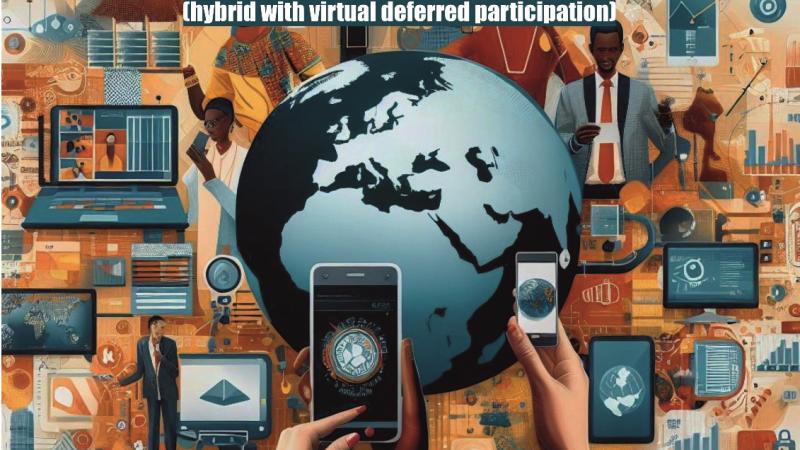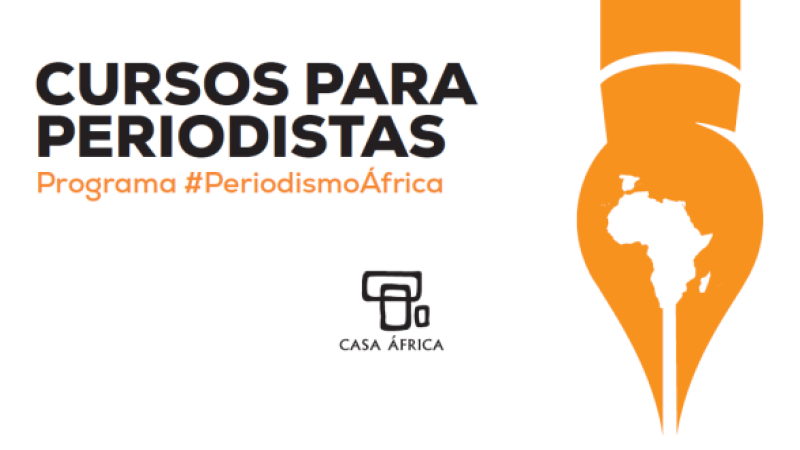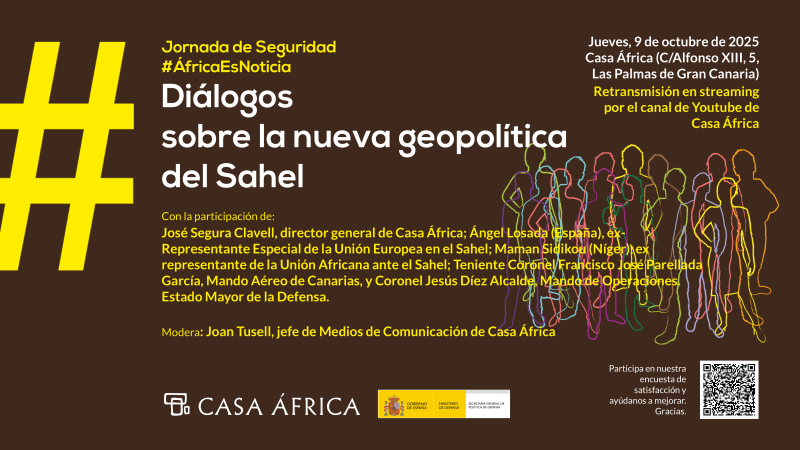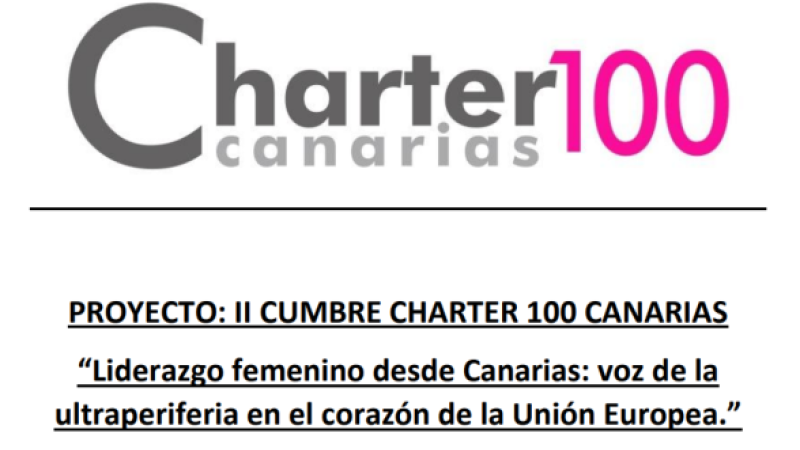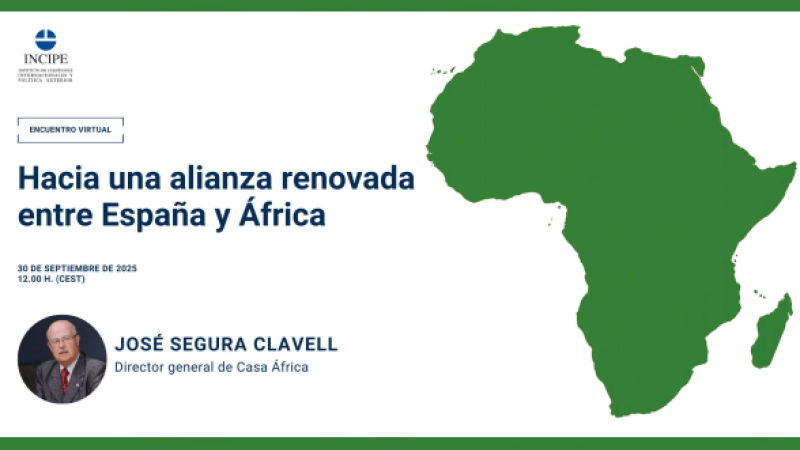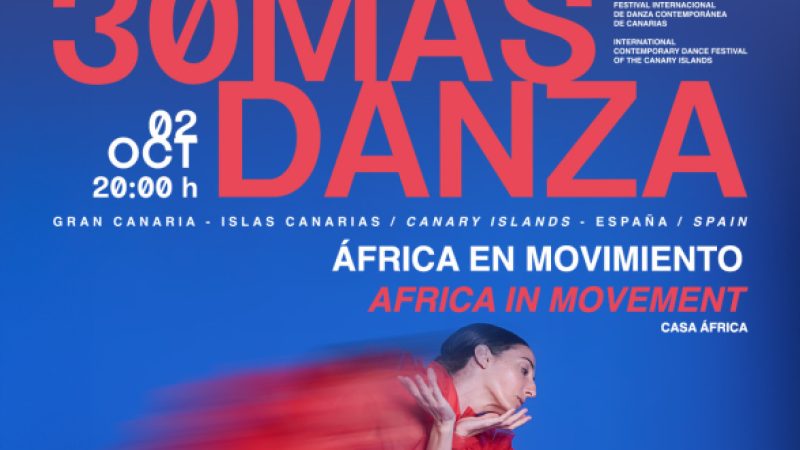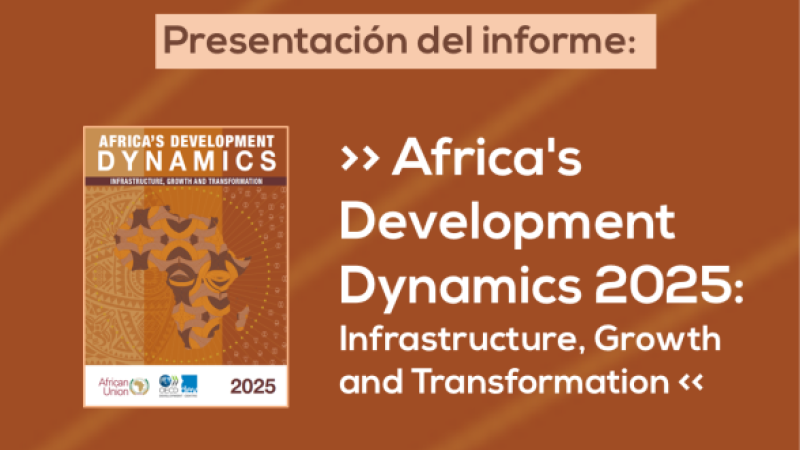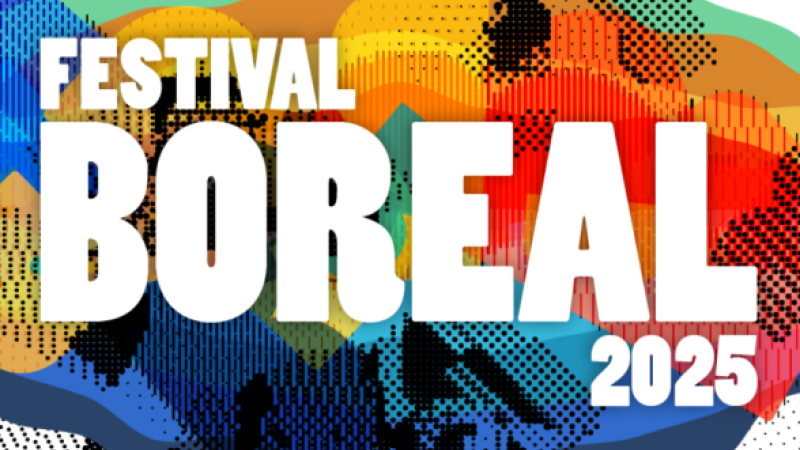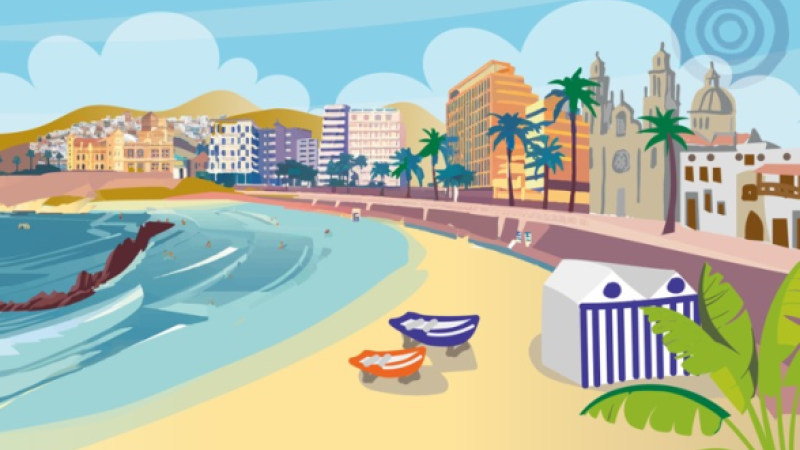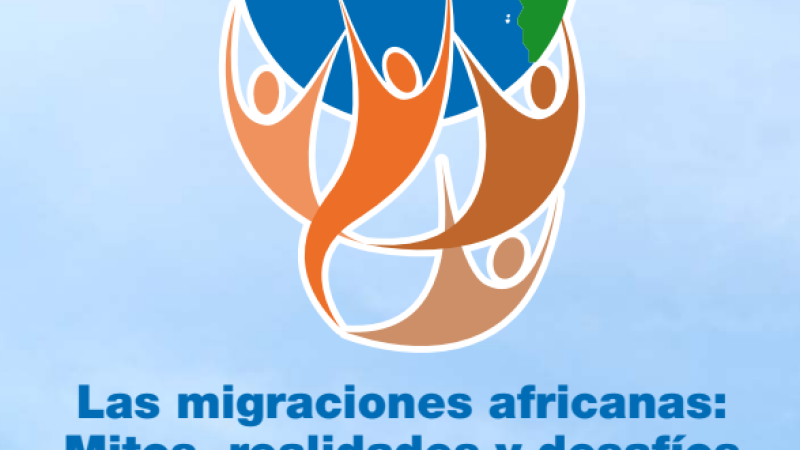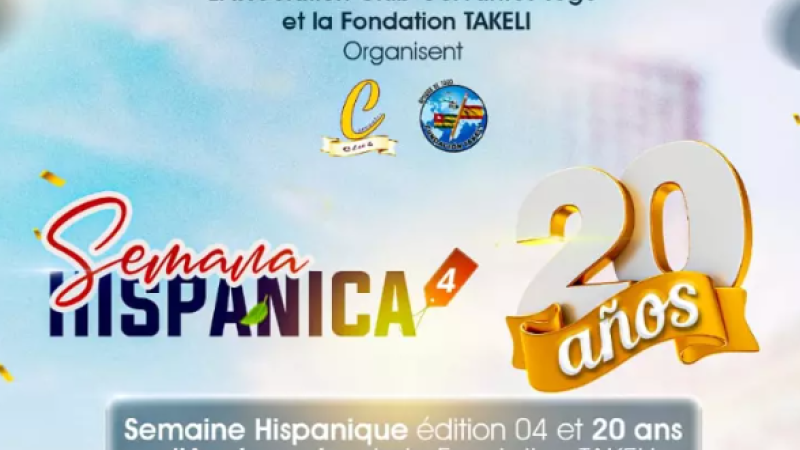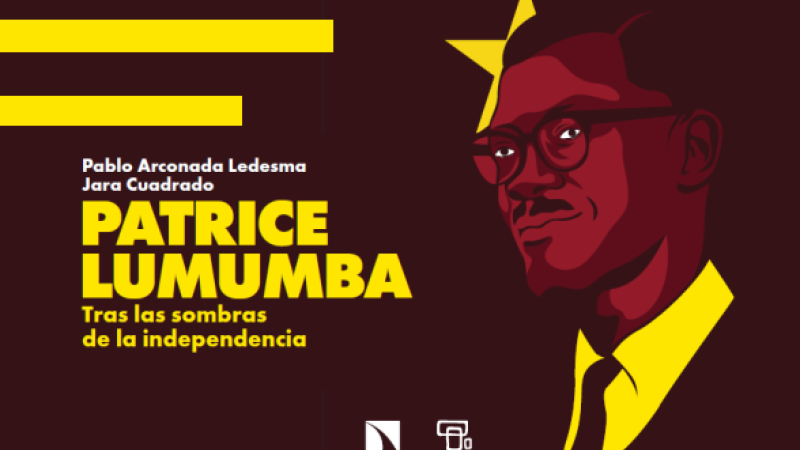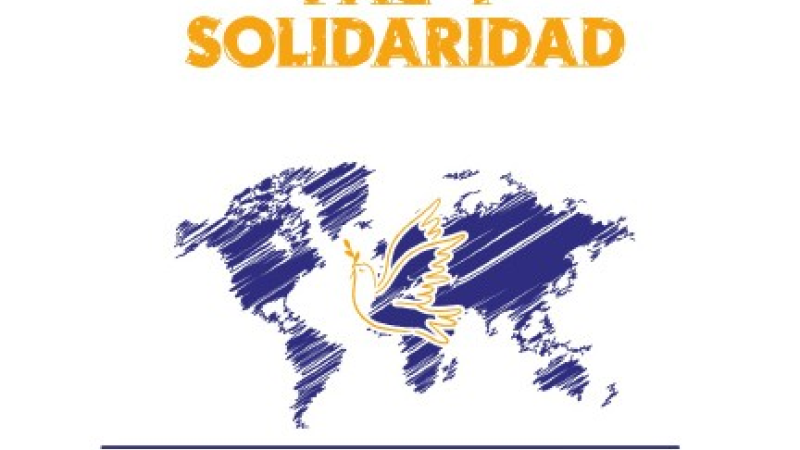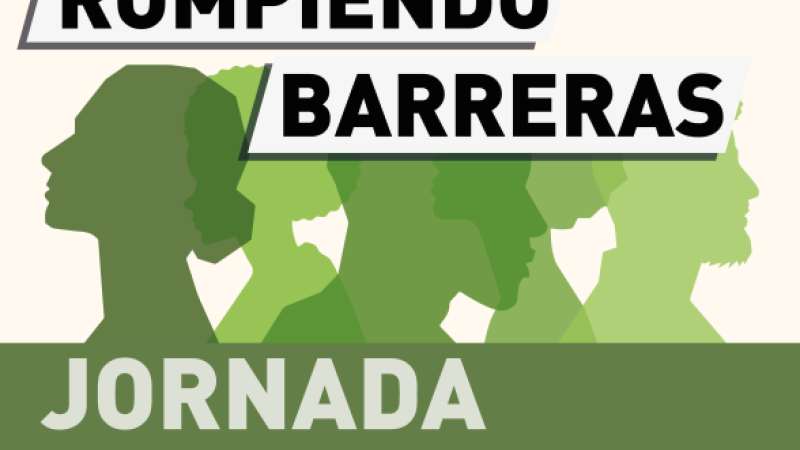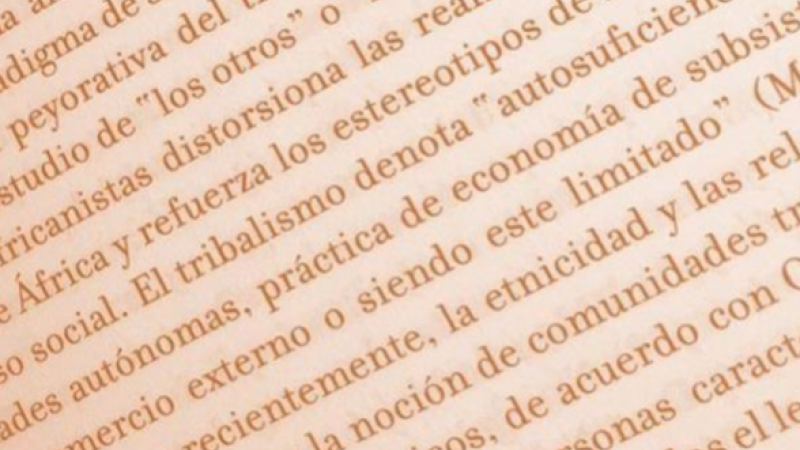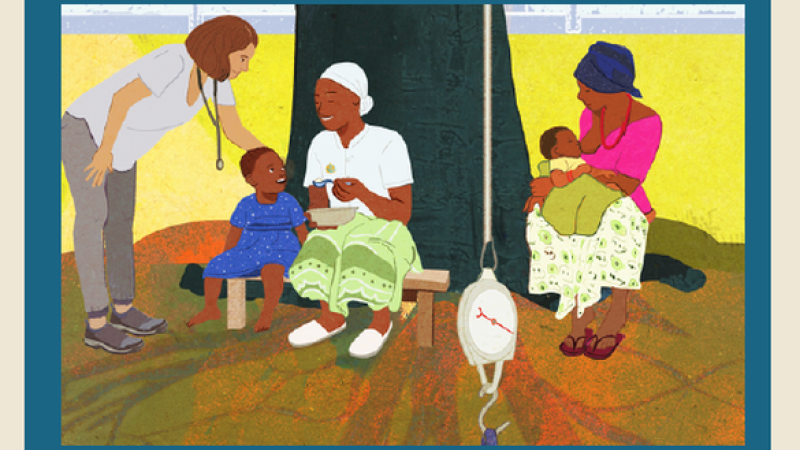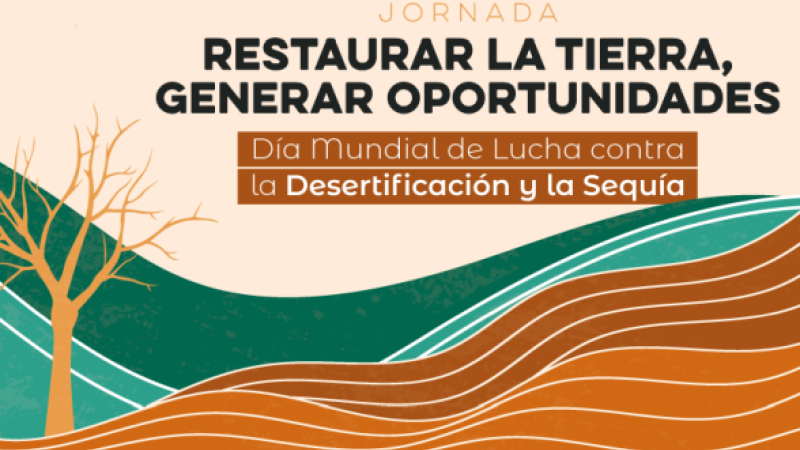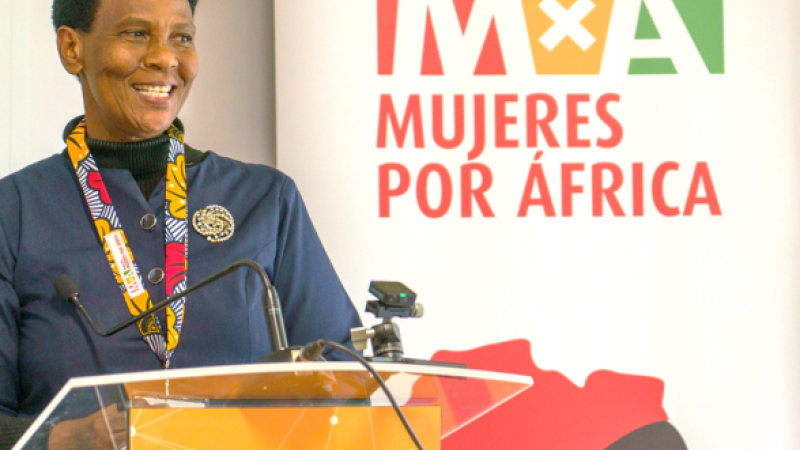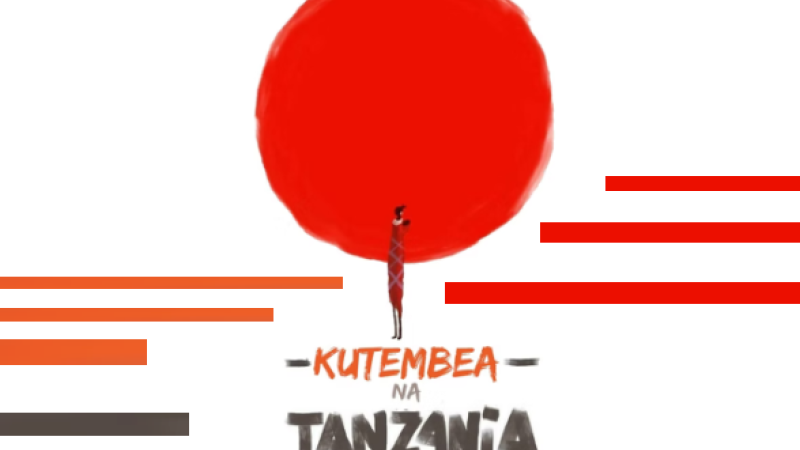Message d'état
In development mode.Message d'erreur

International Conference | Social Sciences and Digital Humanities: Cooperation, Cultures, Societies and African Processes of Digitisation South of the Sahara
Since the end of the 20th century and clearly so far in the 21st century, Information and Communication Technologies (ICTs) have not only expanded exponentially in the world but also impacted numerous spheres of people’s lives. The African continent is experiencing a major digital acceleration at many levels, interconnecting local and global structures, processes and actors/actors, thus identifying multiple challenges and opportunities for Africa’s digital and socio-economic transformation. Some of these opportunities and challenges would be linked to the very development and socio-cultural compatibility for socio-economic growth in this region of the world, as the access of African populations to digital services (financial, business and marketing, media and resources) is not necessarily to their benefit, even if they offer potentially viable, effective and relevant alternatives for self-employment, among others. European and Spanish governmental economic and cooperation strategies (EU-African Union 2020 Summit, EU-Africa 2020 Business Forum, Agenda España Digital 2025, Agenda 2030, etc.) are in tune with the options offered by technological digitalisation in terms of access to information, contacts, innovation and opportunities in order to generate greater equality and development.
This Congress aims at joint, inter and multidisciplinary reflection, through the exhibition and discussion of quality research related to the phenomenon of digital transition in Sub-Saharan Africa, from the Social Sciences and Humanities, with the challenges it poses for today’s global digital society, through thematic symposia on digitisation and empowerment, for example, in the cases of Guinea Bissau and Tanzania; the social and gender digital divide; socio-cultural compatibility and digitisation processes; digitisation and cooperation as avenues for socio-economic growth and development; inequalities and public policies for digitisation in African countries; digitisation processes in relation to business and trade activities.
That's why the Global Partnerships Working Group from the Coimbra Group and the of Intercontinental Alliance for Urban Studies (AIEU) holds this first international Congress in the city of Granada (Spain), and offers a forum for debate on the results of research on digitisation and cooperation in Sub-Saharan Africa from the Social Sciences and Humanities.
The theme of this first international edition of the Congress is: “Social Sciences and Digital Humanities: Cooperation, Cultures, Societies and African Processes of Digitisation South of the Sahara”, with the aim of contributing to cooperation with Africa in terms of respect for the cultures, knowledge and decisions of African peoples.
